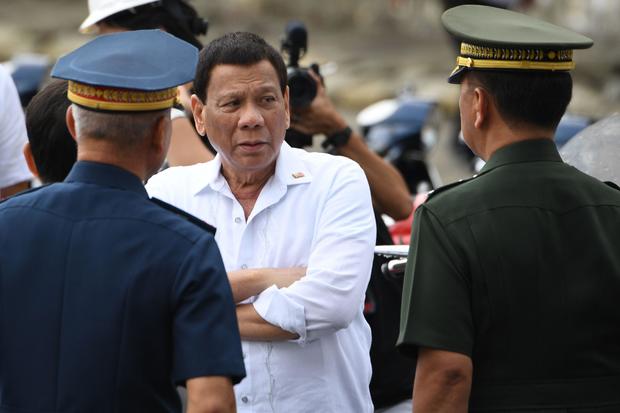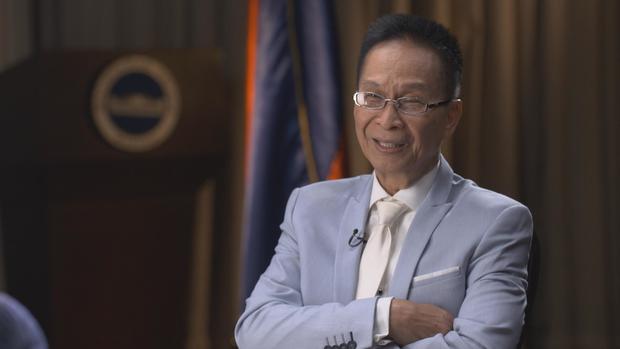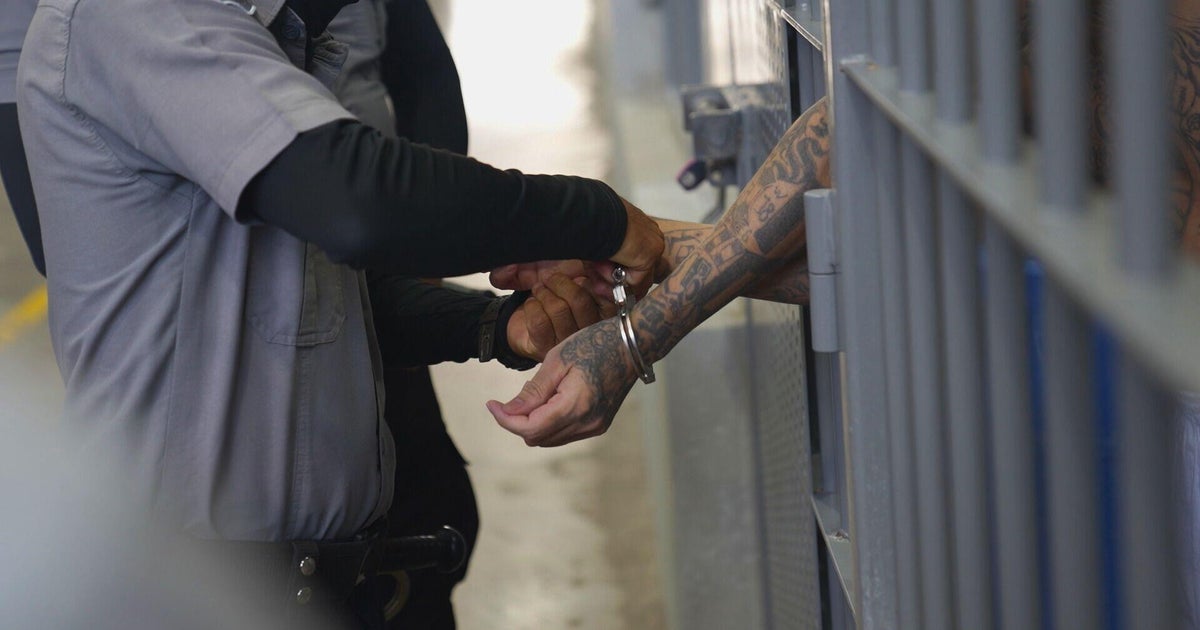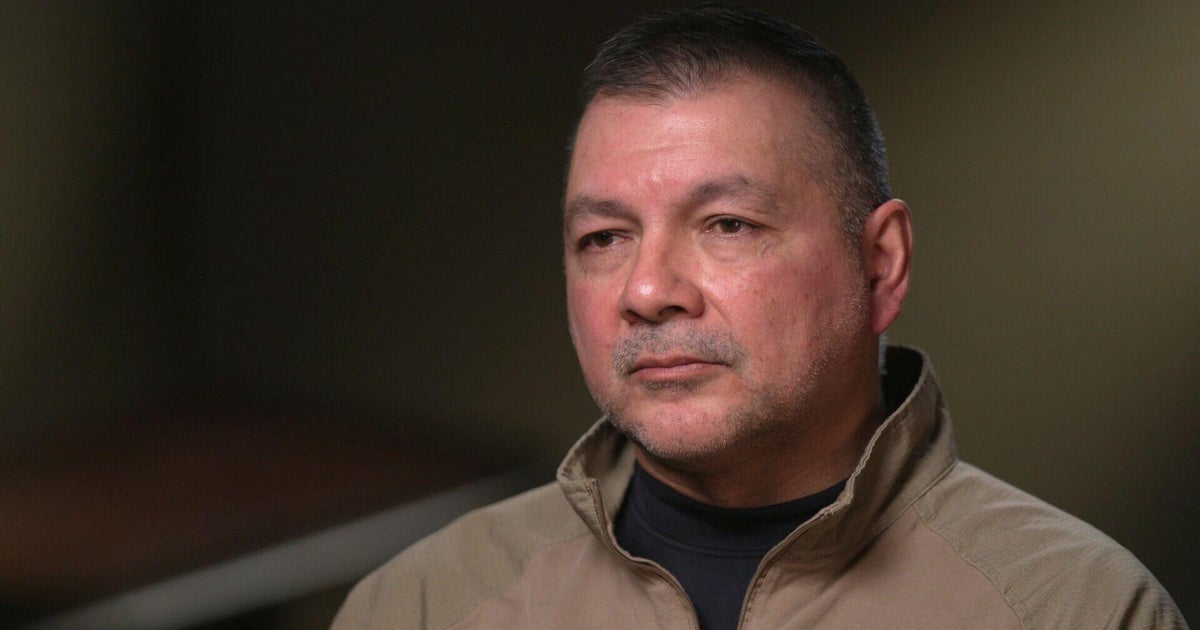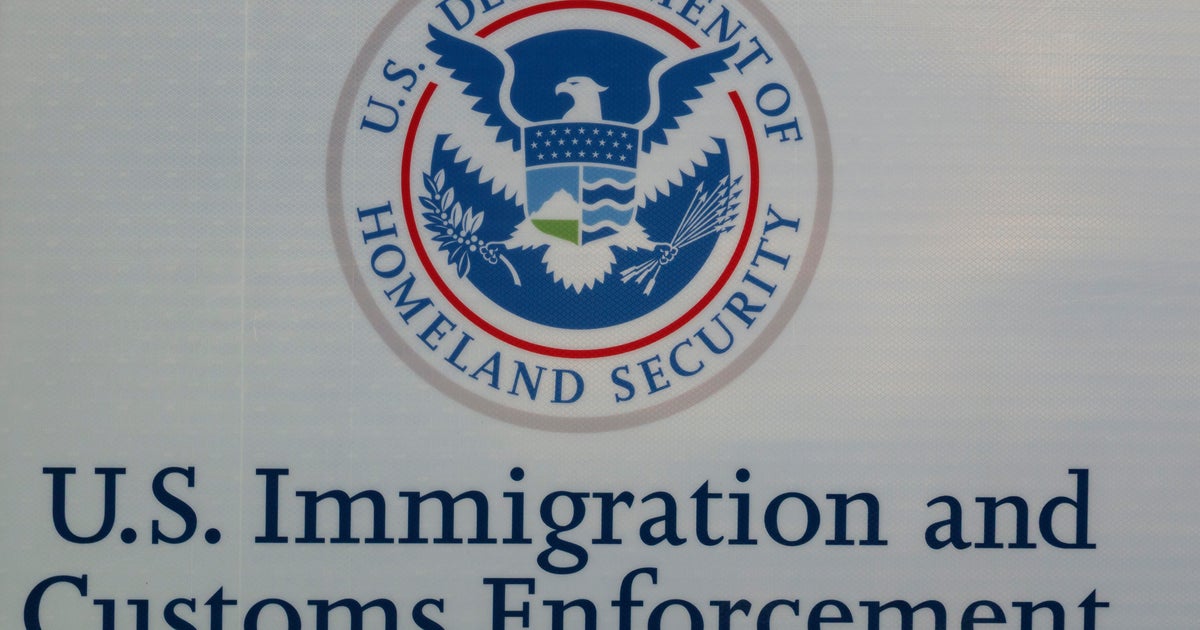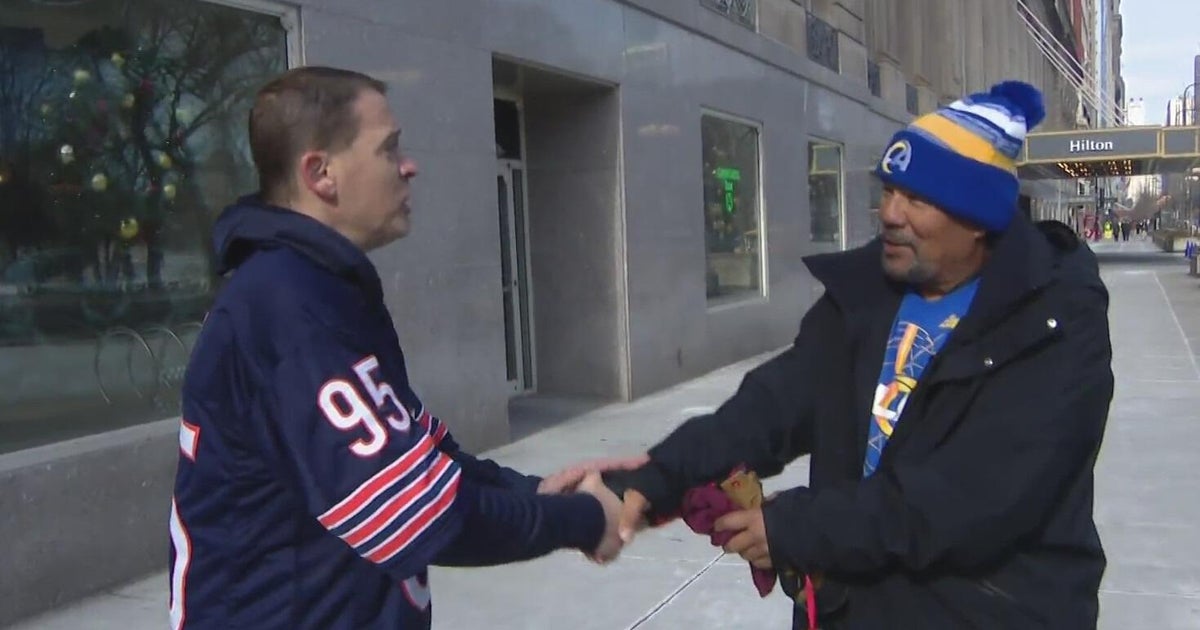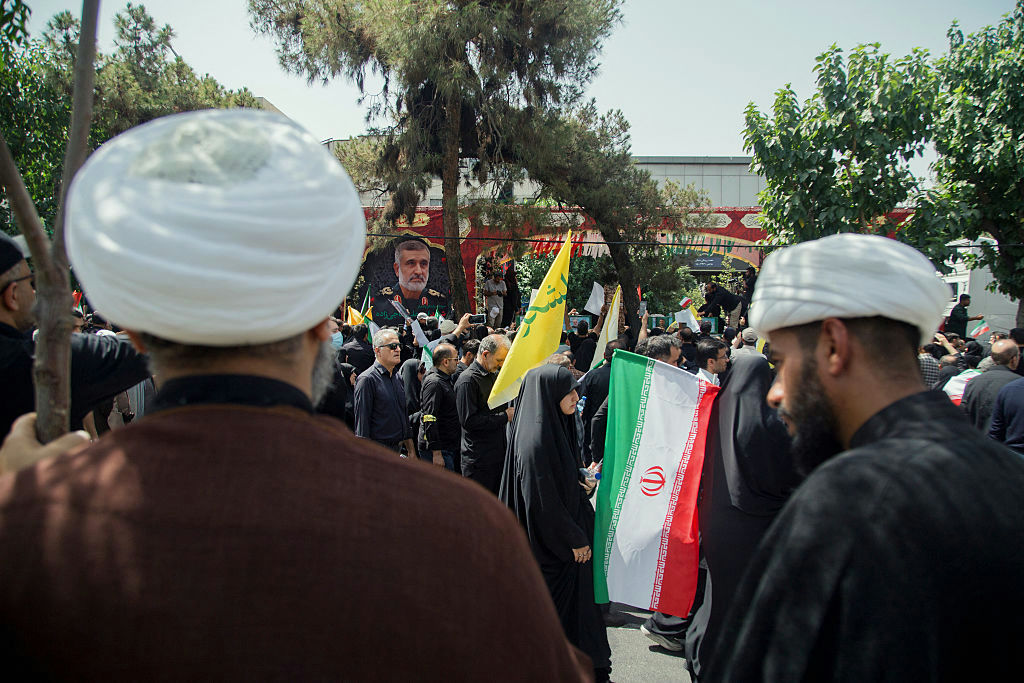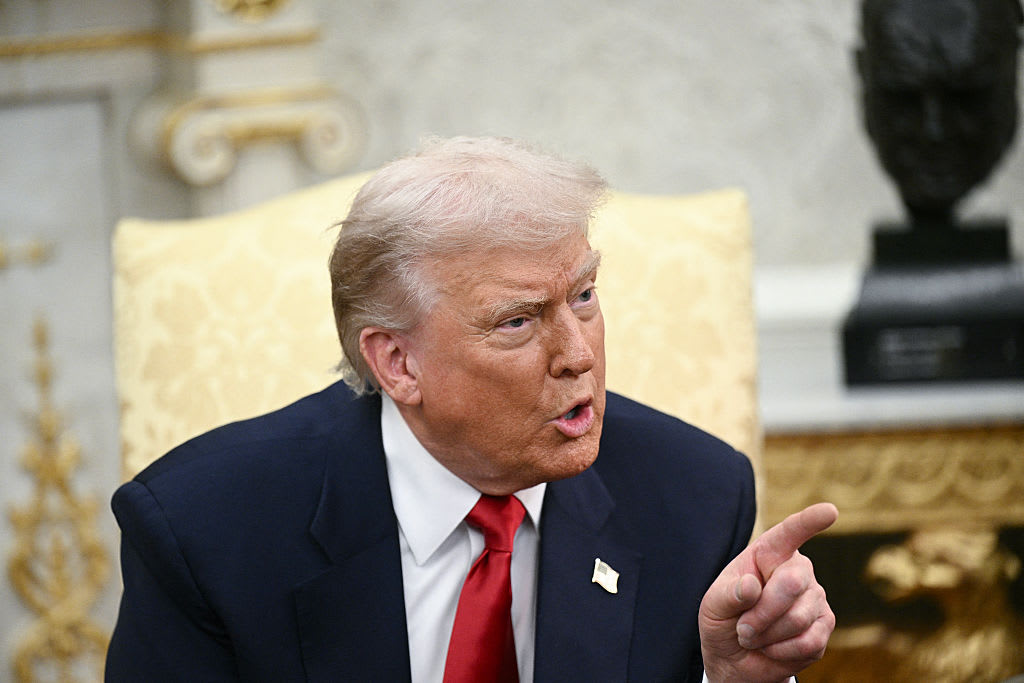Maria Ressa: Reporting in the Philippines
For more than 30 years, Filipino journalist Maria Ressa has risked her life in warzones. But she says what she's doing now is tougher. She's waging a battle for the truth in the Philippines, a close American ally. She founded a news site in the capital, Manila, called Rappler. Her incisive reporting on Philippine President Rodrigo Duterte's bloody drug war and his social media attack machine earned her recognition as Time magazine's Person of the Year. It also made her a target. Maria Ressa says she's been threatened with rape, imprisonment and death for her reporting. Yet she refuses to stop investigating the government. She says truth is too precious to give up without a fight.
Maria Ressa: This is far worse than any war zone that I've been in. In a war zone you know exactly where the threats are coming from. I plan my way in and we plan our way out and you're there for a limited period of time. But today's threats are long standing. There's no end to it. We've been living through three years of this kind of hell.
Maria Ressa is talking about the environment for journalists in the Philippines under the unpredictable and as she sees it increasingly autocratic grip of President Rodrigo Duterte.
The raucous, former big city mayor was swept into office on a populist wave three years ago. The people love him. But President Duterte has no love for journalists, something he made clear to reporters in graphic terms.
President Rodrigo Duterte: You want to know my sentiments? F--- you.
Maria Ressa: He says outrageous things and somehow it appeals to the worst of human nature in a strange way. This guy knows how to communicate. He also understands the psyche of the Filipino.
When Rodrigo Duterte was running for president he vowed to rid the Philippines of drug traffickers - to kill them if necessary.
Candidate Duterte told Maria Ressa he'd already killed three himself.
President Rodrigo Duterte: I must admit I have, I have killed, I killed, what, three people?
Maria Ressa: I don't really like people who kill people, (laugh) you know. But for someone to admit it, on camera, is fascinating.
We asked President Duterte for an interview. He declined. But his spokesman, Salvador Panelo, agreed to answer our questions. So we went to the Malacanang Palace in Manila, the Philipine White House, where Panelo showed us how difficult it is to get at the truth in the Philippines.
Salvador Panelo: First, it is not true that he brags about killing. When he speaks--
Bill Whitaker: He did say that.
Salvador Panelo: Yes, but (laugh) you should take this person in context. He is--
Bill Whitaker: What is the context for saying that he killed drug dealers?
Salvador Panelo: Well he-- there is-- there is hyperbole in this particular person. Like when he says he kills, it doesn't mean that he really killed.
Bill Whitaker: So it's-- it's not true that he killed drug dealers?
Salvador Panelo: He did some during his mayorship, but in self-defense.
"To even admit you killed 5,000 people without due process is also unheard of."
Ressa says constant blurring of the truth by Duterte's government makes her head spin.
Maria Ressa: When this first started happening to us, I really felt like I'd fallen into the rabbit hole and I was Alice in Wonderland and the Mad Hatter is in charge.
Bill Whitaker: He said he was going to round up drug dealers. That would be popular here, I would think. What has gone wrong?
Maria Ressa: Killing with impunity.
Ressa's news website, Rappler, drew the president's ire when it reported more than 20,000 people had been killed in Duterte's war on drugs, not the 5,000 the government claims.
Maria Ressa: To even admit you killed 5,000 people without due process is also unheard of.
Bill Whitaker: How many people have been killed in this war on drugs here in the Philippines?
Maria Ressa: If you look at our own Commission on Human Rights and the U.N.'s estimate of the number of people killed in the drug war, since July, 2016, at least 27,000 people killed. That's genocide.
All this bloodshed in Asia's oldest democracy, one modeled on the United States. The Philippines was a U.S. protectorate for almost 50 years through World War II. It remains an important U.S. regional ally.
Maria Ressa: Enshrined in the Philippine constitution, which is similar to the United States, is the bill of rights: freedom of expression, freedom of the press. These are enshrined. And yet, freedom of the press has been curtailed.
She says after Rappler turned the spotlight on the drug war's rising death toll, the president called Rappler, quote, "fake news." He banned the website from Malacanang Palace and told Filipinos Ressa's news site couldn't be trusted, because it had ties to the CIA.
President Rodrigo Duterte: CIA funded...
But he's provided no evidence to back that up.
Maria Ressa: It's ridiculous. It comes out of power's mouth. What do you do?
Ressa says she's fighting and losing a battle for truth. She can't match the president's fire power on social media. And a model led many of Duterte's attacks. Mocha Uson had been popular on the web for giving sex advice. Then she switched to politics and for more than a year she ran President Duterte's social media, sharpening his attack machine. To demean and discredit Ressa and the Filipino press, Uson popularized the term "presstitute".
Maria Ressa: The social media platforms have taken over the distribution of news globally. They treat a lie the same way you would treat a fact. And the lie that's incendiary, that is meant to anger you, spreads fastest. All the studies show that. That's our battle. Without facts you can't have truth. We cannot have meaningful dialogue, public dialogue, if we do not agree on the facts. And that's what these social media platforms have watered down.
After Ressa reported, in a detailed three-part series, how President Duterte's campaign used Facebook and online trolls to attack critics and spread falsehoods, Maria Ressa herself became a target.
Maria Ressa: So, let me just go over the way they've attacked. The first is to incite hate, to incite violence against a potential target.
Bill Whitaker: What did they do to you?
Maria Ressa: Allege corruption. Allege CIA. Second, women in particular, sexual attacks.
Bill Whitaker: And the sexualized attacks… against you?
Maria Ressa: I mean, I've been called every single animal you can think of. So, yes, to sexual attacks: rape, murder, behead. At one point I was getting 90 hate messages per hour. They wanted to pound me into silence.
Bill Whitaker: Were these attacks from people, or were they attacks from, I don't know, bots?
Maria Ressa: Fake accounts. So, they're real people that mask who they are. This is information operations. It's information warfare.
Facebook has taken down hundreds of those fake accounts linked to a network of Duterte's allies. They were followed by millions of people. The government insists Maria Ressa is not under attack, but she is under investigation. She's facing multiple charges including libel and tax fraud. She has been arrested twice.
Maria Ressa: The head of that arresting group told our reporter "Be silent, or you're next." And that is exactly what the government is doing, systematically. Be silent, or you're next.
Bill Whitaker: 11 cases have been filed against you?
Maria Ressa: They were looking for some way to be able to shut us up, right? I think you just have to look at the pattern.
The president's spokesman, Salvador Panelo, called Maria Ressa's claims nonsense.
Bill Whitaker: A U.N. official says that the tax charges against her are being used, basically, to silence her reporting.
Salvador Panelo: (Laugh) I disagree. She has not been silenced. She's still at it. Rappler is still in operation. What what is she complaining about, that she's being (laugh) suppressed?
Bill Whitaker: After she was arrested recently you made a comment that it seemed that she enjoyed being in custody.
Salvador Panelo: Yes. Well, obviously, when she is facing the cameras. She loves it.
Bill Whitaker: Really? I'm serious. Who enjoys being arrested and taken into custody?
Salvador Panelo: She appears to enjoy it, because she is always smiling.
Maria Ressa: I mean, that's a ridiculous statement. I have done nothing except to be a journalist and I will not stop being a journalist, no matter how ridiculous the statements are that come from Secretary Panelo.
Few countries are more dangerous for reporters today than the Philippines. In the last three years, a dozen journalists have been shot or beaten to death.
Then there's the president's rhetoric. Listen to the way he addressed a reporter at one of his press conferences.
President Rodrigo Duterte: Why are you a sh------ son of a b----?
Bill Whitaker: On Facebook, people have called for Maria Ressa to be beaten and to be raped.
Salvador Panelo: I don't know about that.
Bill Whitaker: No, no, no. This is true. I'm, I'm telling you Maria Ressa is just one. There are many, many journalists who feel that they are under attack, that they've been threatened.
Salvador Panelo: I don't think so.
A Rappler reporter made this video of Philippine journalists who say otherwise. She posted it on Rappler's home page.
Question: Have you been threatened with violence?
Answer: Yes.
Question: Have you been threatened with death?
Answer: Yes.
Question: Have you been told how you're going to be killed?
Answer: Yes.
Question: Has the violence been described to you?
Answer: Yeah, blow my head off or bury me alive.
Question: What will stop you from reporting?
Answer 1: Nothing.
Answer 2: Nothing.
Answer 3: Nothing.
Answer 4: Death?
Answer 5: Dude, you have to kill me.
Salvador Panelo: What death threats are they talking about? To my mind they are... they're just made up.
Bill Whitaker: The president and his rhetoric bear no responsibility?
Salvador Panelo: No because people in this country know this president. He's a teaser.
Bill Whitaker: A teaser?
Salvador Panelo: Yeah, he teases people.
The libel and tax charges against Ressa are no laughing matter. She could go to prison for 63 years. And as Ressa fights the cases in court, she's facing another charge. The president's spokesman, Panelo, has threatened to add a new libel case on her and Rappler for, quote, "tarnish(ing)" his "honor."
Maria Ressa: I've committed no crime, but to speak truth to power.
Maria Ressa now has respected human rights attorney Amal Clooney coming to her defense. Clooney recently won freedom for two Reuters journalists who'd been imprisoned for their reporting in Myanmar.
Amal Clooney: The Maria Ressa case in the Philippines, like the Reuters case in Myanmar, exposes a cruel irony that I see time and time again in my work: journalists who expose abuse face arrest, while those who commit the abuses do so with impunity.
Maria Ressa: You're supposed to be able to write and speak and report. And there should not be repercussions.
Bill Whitaker: You told us that you, you do this because you want to protect democracy here in the Philippines. It could be said that your problem is that democracy is working in a way that you don't like. President Duterte is very popular here. Why is he so popular?
Maria Ressa: He's a refreshing voice. He represented somebody who was anti-establishment and anti-elite even though he himself came from the elite.
Salvador Panelo: You know, the journalists here are surprised that we have this kind of president. They're shocked (laugh) by his crude manner. But the more you try to destroy him, the more the ratings come up... goes up.
Maria Ressa: We're not out to criticize him. We're out to do our jobs. This politics of hate in your country and mine, it can tear things down immediately. But hate does not build anything. And we need to build. And that's my hope, right if you can turn off the spigot of hate and lies, then let us continue to work... then we have a fighting chance.
Produced by Robert G. Anderson. Associate producers, Aaron Weisz and Ian Flickinger.

